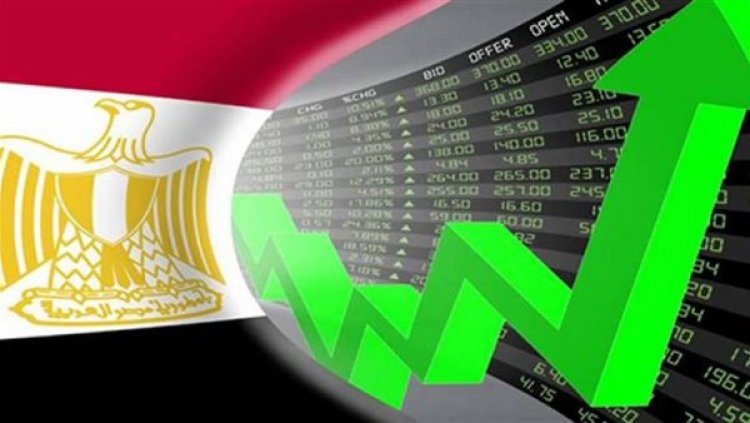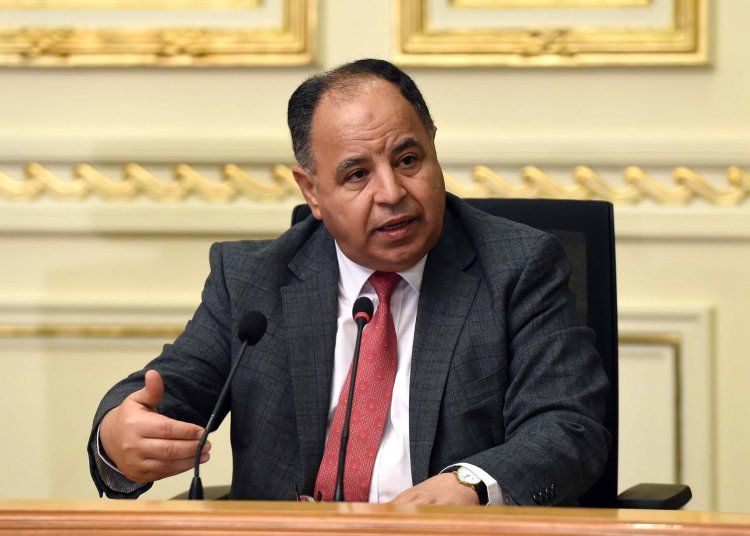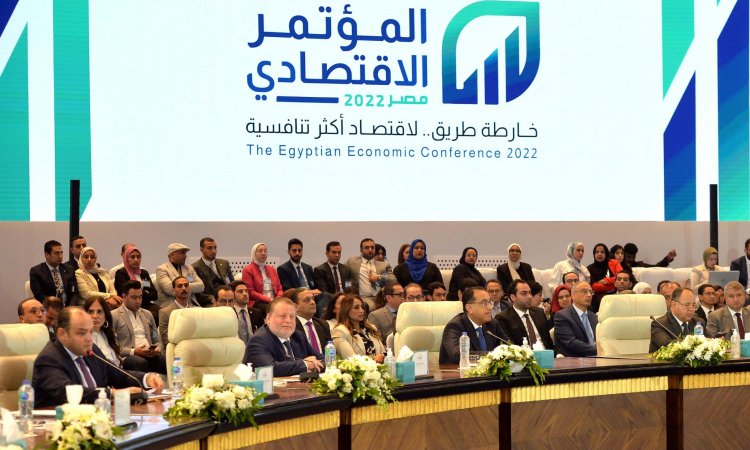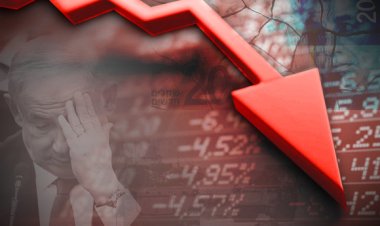6 Moves to boost the Egyptian economy and face challenges
Egypt was able to move forward at a steady pace towards the transition to the digital economy, in an unprecedented march of construction and development to launch into the "new republic".

Dr. Mohamed Maait, Minister of Finance, said that the Egyptian economy has become more capable of dealing with external shocks, and expanding the umbrella of social protection for the neediest groups in order to mitigate the imported inflationary wave on citizens as much as possible.
During a symposium entitled "The Egyptian Economy Amidst Challenges," the Minister of Finance stressed that the current fiscal year's budget is more flexible and capable of dealing positively with the current global economic challenges.
This allows the implementation of the presidential directives to expand the social protection umbrella for the most vulnerable groups, and contributes to alleviating the burdens on citizens, so that the state bears as much as possible of the negative effects of the unprecedented wave of inflation that followed the Corona pandemic.

The crisis intensified with the outbreak of the Russian-Ukrainian war, which was reflected in the increase in the prices of goods and services.
Especially with the continued imbalance of supply and demand, as a result of the severe disruption of supply chains, and the significant rise in shipping costs.
Dr. Mohamed Maait indicated that the state deals with the current global challenges, with financial policies based on:
• Diversifying funding sources and reducing its cost.
• Expansion of innovative financing mechanisms.
• Orientation to issuing sustainable bonds, thus contributing to attracting new segments of investors.
He stressed that Egypt was able to move forward at a steady pace towards the transition to the digital economy, in an unprecedented march of construction and development to launch into the "new republic".

Dr. Maait explained that Egypt is working on many areas to provide additional and sufficient resources of foreign exchange to finance the country's needs and development plan, the most important of which are:
• Strengthening partnership programs with the private sector.
• Continue efforts to stimulate the export sector to push exports of goods and services.
• Continue the supportive plans to increase the proceeds of service exports, the most important of which are the proceeds of tourism and the Suez Canal.
For its part, the International Monetary Fund expected that the Egyptian economy would continue to grow at a high rate during the coming years, amounting to about 5.6% during the period (2023-2027).


 Shrouq
Shrouq 












